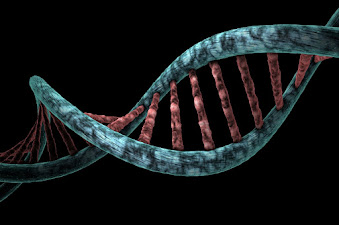Genetics plays a significant role in oral health, just as it does in many aspects of human health. Certain genetic variations can influence an individual's susceptibility to various oral conditions and diseases. Here are some key aspects of how genetics affect oral health:
Tooth Development: The development of teeth is
influenced by genetic factors. Genes regulate the formation, eruption, and
positioning of teeth, which can impact the dental alignment and the risk of
malocclusions (misalignments of teeth).
Enamel Strength: The quality and strength of
tooth enamel are partially determined by genetics. Some people may have
stronger enamel, making their teeth more resistant to decay, while others may
have weaker enamel, making them more prone to cavities.
Saliva Composition: Saliva helps protect teeth
from decay by neutralizing acids and providing minerals that strengthen enamel.
Genetic factors can influence the composition of saliva, affecting its ability
to protect against dental caries (cavities).
Immune Response: The body's immune response to
oral pathogens and bacteria can also be influenced by genetics. Some
individuals may have a stronger innate defense against oral infections, while
others may be more susceptible.
Periodontal (Gum) Disease: Genetic factors can
contribute to an individual's risk of developing periodontal disease. Certain
gene variants may lead to an exaggerated immune response, increasing
inflammation and the risk of gum disease.
Taste Perception: Taste preferences and sensitivity
to certain flavors, like sweetness, are partly determined by genetic factors.
These preferences can impact an individual's dietary choices and, consequently,
their oral health.
Cleft Lip and Palate: Cleft lip and/or palate
are congenital conditions that affect the formation of the upper lip and/or the
roof of the mouth. These conditions often have a genetic basis.
It's important to note that while genetics can influence
oral health, it is not the sole determinant. Good oral hygiene practices, a
balanced diet, and regular dental check-ups are crucial for maintaining oral
health, regardless of one's genetic predisposition.
Dr. Pankti Patel is the Chief Dentist & Diagnostic expert
of Teeth Care Centre. She has extensive knowledge and experience, allowing her to
provide comprehensive and personalized care to her patients. Understanding
the genetic factors that contribute to oral health can help in the early
identification of potential risks and personalized approaches to preventive
care and treatment. However, more research is needed in this field to fully
comprehend the complex interactions between genetics and oral health.




